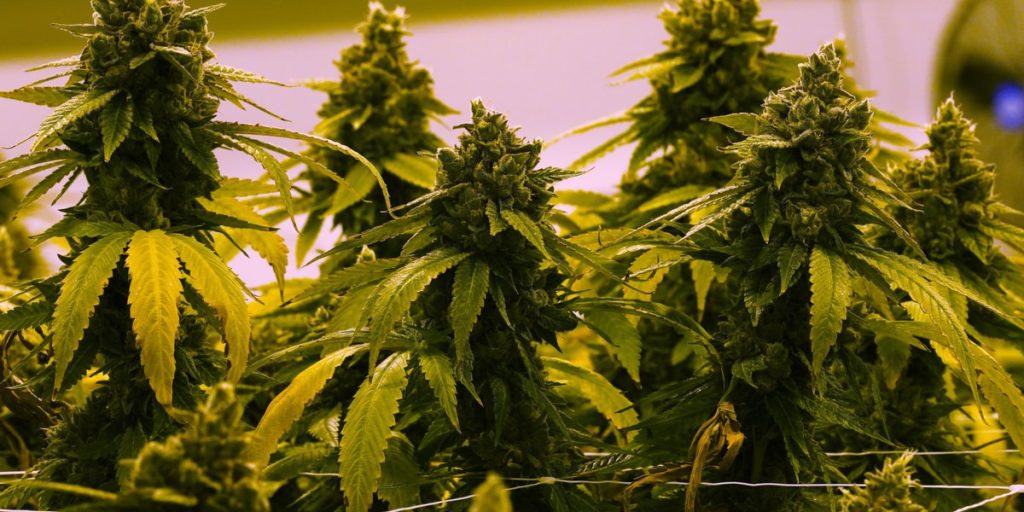HONOLULU (HawaiiNewsNow) – Plans to legalize recreational marijuana are moving forward in the state Legislature.
But even with the governor’s support, there are challenging speed bumps, including conflicts among those who already grow and sell cannabis for medical reasons.
One of the advocates is the owner of Care Waialua, Jason Hanley, who rents greenhouse plots to medical marijuana patients and caregivers. He has room for up to 10,000 plants.
Hanley said he’s concerned that lawmakers are rushing to legalize so quickly that big dispensaries will have the first chance to sell recreational marijuana.
“You shut all the local people out and you only allow large corporations or dispensaries right now which is only eight of them to monopolize the market,” Hanley said.
“You have to have good regulations in place you have to have size restrictions for businesses so they can’t take over the whole industry.”
Hanley and other advocates said medical marijuana cardholders and others who have been small-time growers should be able to sell recreational cannabis, too.
Dispensary executives have said they don’t oppose “legacy” growers, but want the regulations in place on all retailers at once so that illicit operators in the black market don’t have a chance to fill a regulatory vacuum.
State Chris Lee, has introduced one of several bills in the Senate promoting recreation sale. “I think there is a middle ground between your average mom and pop ― someone growing in the garage or the backyard ― and full-fledged industrial model for how to do it,” Lee said.
The Democrat agreed that regulating potentially hundreds of small sellers and ensuring the products are safe would be a challenge. But he pointed out that the system could be modeled from current regulations of thousands of restaurants in the state, which is primarily based on complaints from customers.
The process will also face opposition from law enforcement and children’s health advocates, who have teamed up to oppose legalization at all.
Another part of the debate is how much to tax the sales or charge for retail and grower licenses.
One of the big selling points for legalizing recreational marijuana is that it could be a jackpot for state government, but that has also been the root of failure for many states and Lee said it is not primary in the Hawaii discussions.
He said the main goal is to come up with a “price point” that keeps prices low enough that there is no longer profit to be made in street sales.
“That’s something that takes a little experimentation,” Lee said. “We gotta figure it out. Other states have been playing with this we know it’s possible.”
The cannabis revenue also needs to pay for agencies and people to regulate and test the product and enforce what could be lot of new rules.
Despite Gov. Josh Green’s promise to support adult recreational use, several state departments raised issues with the proposed bill.
Deputy Attorney General Andrew Goff pointed out that no money was provided for an agency to oversee sales.
“It does not include any personnel that would be able to enforce the regulations that would be created and definitely not be able to enforce the criminal laws,” Goff said.
The Health Department’s chief of the Medical Cannabis Control Office, Michelle Nakata said, “We do have concerns about public health impacts of increased cannabis use.”
Lee said time will be needed to iron out the many issues, which means even if this Legislature approves recreational use, the effective date could be put off many months or even a year to give everyone time to prepare.



